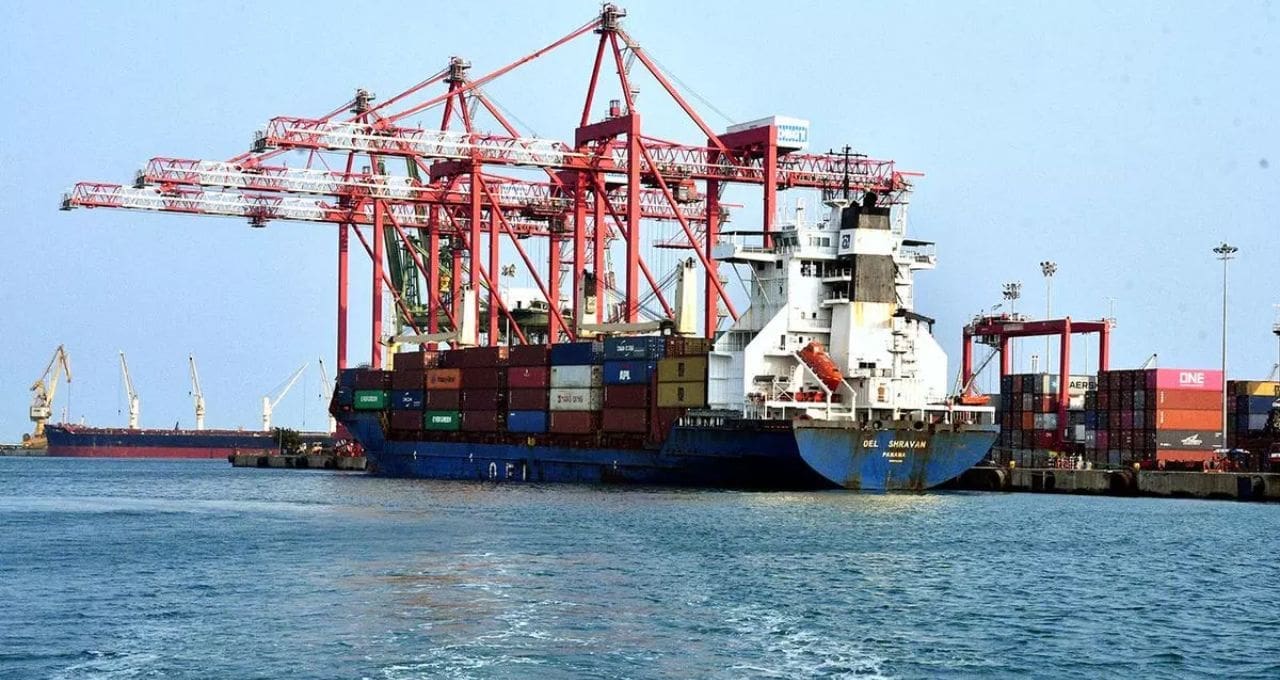India’s new Foreign Trade Policy (FTP) differs significantly from prior trade policies in a number of respects, making it dynamic, adaptable, and forward-thinking in its response to the ever-changing needs of global commerce and our trading community. The programme lays forth a comprehensive plan to reach the aim of $2 trillion in exports by 2030. Given that India’s overall exports of products and services have reached over $760 billion and that the FTP includes cutting-edge policy measures, it appears that India may meet its goal sooner than anticipated. Targeted measures have already caused exports of toys to increase by 89%, engineering goods by 81%, and electronic goods by 162% from $6 billion in 2015–16 to $16 billion in 2021–22. $5006 million.
The fact that the FTP has no end date also marks a significant change from past policies, which frequently had durations of 3 to 5 years yet necessitated so many revisions that the original document’s meaning was altered. An FTP without a deadline responds to the demands of the dynamics of global trade while offering considerable flexibility for policy interventions as and when necessary.
The new policy’s main objective is to increase Indian products’ export competitiveness. The period of incentives has ended, and the emphasis is being placed on measures to ease taxation and operations throughout the whole trade cycle. It is well known that a significant portion of financial subsidies have significant before they get to their intended recipients, seepage. Also, importers hardly ever hesitate to force price reductions in order to participate in such subsidies.
The digitization of export-import licence applications and a number of export promotion programmes, including advanced authorization, the exports promotion capital goods (EPCG) programme, and the duty-free import authorization (DFIA) programme, are important policy measures that will help exporters. All of these will be digital and paperless. The Directorate General of Foreign Trade (DGFT) is also implementing rules-based automatic approval systems that make use of business-analytic technologies, promising one-day processing. This will probably hasten export activities.

